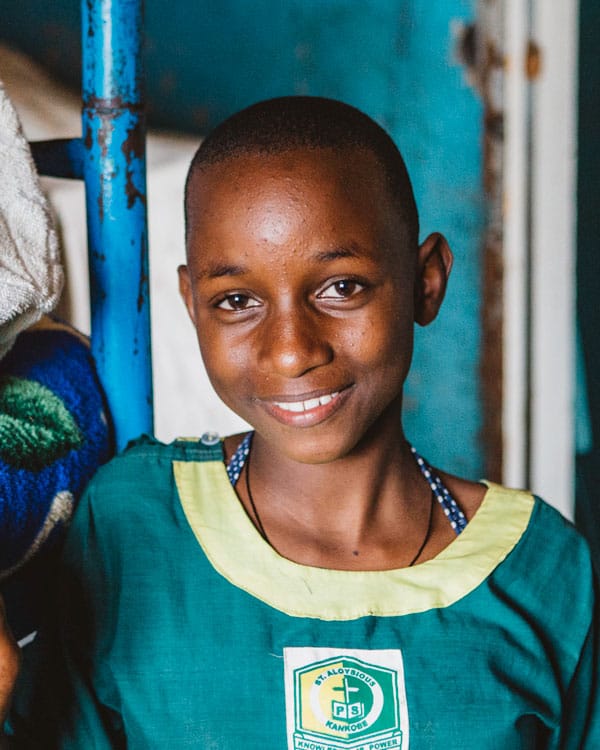Happy Fall Y’all! What do you think of when you think of Fall? Perhaps it’s the changing of the seasons, the start of colder weather, pumpkin spice everything, holidays, and lots of family time. But for 140 million orphans in the world, many of them won’t be able to enjoy all the niceties that Fall brings. Perhaps that’s why every November the Children’s Bureau, within the U.S. Department of Health and Human Services, funds the National Adoption Month initiative through a partnership with AdoptUSKids and Child Welfare Information Gateway. The focus is on adopting children currently in the U.S. foster care system.
I think this is a wonderful initiative, and one near and dear to my heart. Every kid deserves a loving family to come home to. To all the parents who have adopted or fostered kids, thank you. You are a shining light in a child’s life. Even though you didn’t have to, you chose to be a part of the solution for society, and for that one child. Trust me when I say you will get more than you give. This I know from personal experience!
There are 443,000 kids in the U.S. foster care system, 123,000 of which are available for adoption. And while it’s important to work hard to ensure that each of these kids finds a home, it is just a drop in the bucket compared to the 140 million orphans internationally. That is why I wish that this initiative would be recognized and practiced around the globe. Even if you can’t adopt, there are things that people can do to support the initiative.
While the U.S. foster care system may have its faults, it is still better than many programs around the world.
According to nightlight Christian adoptions:
All orphaned children need parents, and this is their paramount need. But adoptive parents drawn to inter-country adoption reason that children in developing nations face threats that U.S. children do not face. This is undeniable. Orphaned children in other countries are:
- at risk of death due to unclean water or malnutrition
- at risk of death due to insufficient or no shelter
- at risk of having no education or economic opportunity
- at risk of disease, even death by preventable disease
- at greater risk of sex trafficking
- at risk of being conscripted as child soldiers
- at risk of being conscripted for child labor
The decision to adopt, and whether to adopt domestically or internationally, is a very personal one. There are many factors to consider. For those who do decide they would like to adopt internationally, many countries have put up barriers that can make it harder, if not impossible, to adopt.
This is something our kids know first hand. Some of the orphaned children in our program attending college work part-time for The Ministry of Gender, Labour and Social Development in Africa. They have committed to full-time positions post-graduation with the intent to work on creating legislation to reverse Uganda’s international adoption laws. Currently, laws make it near impossible for orphans to be adopted by foreign citizens, adoptive parents have to live in Uganda for a 36 month fostering period.
When a country is unable to provide for it’s own orphans, and at the same time limits the ability for foreigners to adopt, the cycle of poverty continues. Take a look at this video to get an idea of how this works.
When adoption isn’t possible at the moment, foster care is there. It’s a step between the streets and a loving forever home. It’s a hand up in life. Our nuns work hard 24/7 to build a sense of family where it didn’t exist before in the lives of the children they care for. Where society at large failed to provide for these kids, our schools provide the foster care, love, and education needed to break the cycle.
I am thankful for the work the nuns do. Also, I couldn’t be more proud of our students who recognize the challenges in society that led them to where they are now, and are actively working towards changing the system so that future generations of orphaned children may have a better shot at getting adopted. A better chance at a second life filled with love and endless opportunities.
The mother in me thinks it should be easier to accept someone into your home and provide a life of love, laughter, and support for a child in need, no matter where they come from. My wish this month is that one day National Adoption Month will become International Adoption Month, and the world will come together to find a way to decrease the number of orphans waiting to be adopted.
Peace and Love,
Cristen Lyn
